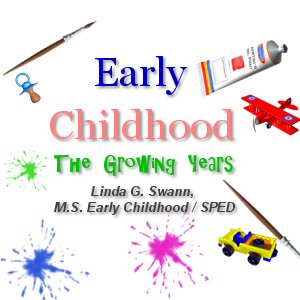Child Common Core
 The Common Core, due to be fully implemented in the next school year, was developed by the National Governor’s Association, a private organization, with funding from the Gates Foundation, with no public debate about the standards. States adopted the Common Core as part of the “Race to the Top” initiative of the Department of Education, competing for education dollars, which required their adoption, even before they knew what the standards would be. Several states had standards superior to CC, and many states had standards at least as good. It has been described by some as a “race to the middle.” Math standards are designed to prepare students for a nonselective two-year community college, not a four-year university. The reading level deemed sufficient for high-school graduation is about the 7th-grade level. And education will change to de-emphasizes the study of creative literature and place students on “tracks” (college vs. vocational) at an early age. And… some predict it will probably take thirteen years before we complete the total transition phase of Common Core.
The Common Core, due to be fully implemented in the next school year, was developed by the National Governor’s Association, a private organization, with funding from the Gates Foundation, with no public debate about the standards. States adopted the Common Core as part of the “Race to the Top” initiative of the Department of Education, competing for education dollars, which required their adoption, even before they knew what the standards would be. Several states had standards superior to CC, and many states had standards at least as good. It has been described by some as a “race to the middle.” Math standards are designed to prepare students for a nonselective two-year community college, not a four-year university. The reading level deemed sufficient for high-school graduation is about the 7th-grade level. And education will change to de-emphasizes the study of creative literature and place students on “tracks” (college vs. vocational) at an early age. And… some predict it will probably take thirteen years before we complete the total transition phase of Common Core.
My concern with the Common Core, among other things, is whether it is developmentally appropriate for pre-k through third grade.In 2010, over 500 early childhood experts signed a petition warning that Common Core would be harmful to young children.The standards do not reflect the “development characteristics and needs of young children. They are imposing expectations on young children that are inappropriate in a variety of ways, according to these experts.
Young children, develop at different rates, yet the Common Core requires K-3 children to learn specific content, facts and skills at certain ages. This will ultimately result in the need for teachers to drill the students through direct instruction. We have already seen in states that have embraced the Common Core, direct instruction is replacing proven techniques that early childhood education experts advocate.Hands on, active learning and play, are the cornerstone activities of early childhood that really solidify learning. Children learn best through active engagement and play in the early years, and teachers know how to connect skills appropriately. Children should be taught to construct information from within through involvement in the learning process. The direct instruction teaches children that information is outside of themselves. If a young child cannot make sense of information, a feeling of failure will result.
Peter Gray has documented the decline of play and the increase of childhood problems over recent decades in his article “The Decline of Play and the Rise of Psychopathology in Children and Adolescence” (The American Journal of Play, volume 3, number 4; Spring 2011). He believes the increase in the number of young children attending overly-academic preschools and kindergartens is in part responsible for an increase in childhood depression and.
Common Core is not grounded in what decades of research has proven. Children develop socially, emotionally and cognitively when their educational experiences promote creativity, thinking and problem solving skills, and are based in meaningful activities geared to their developmental needs.
As parents, we should know what Common Core means for our child and join the national debate. Common Core will revolutionize education, whether good or bad. We should question the transitional phase and the educational fate of those students, as well as the developmental appropriateness of the standards.









